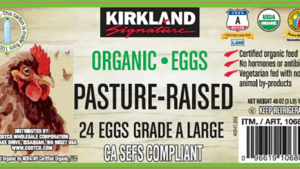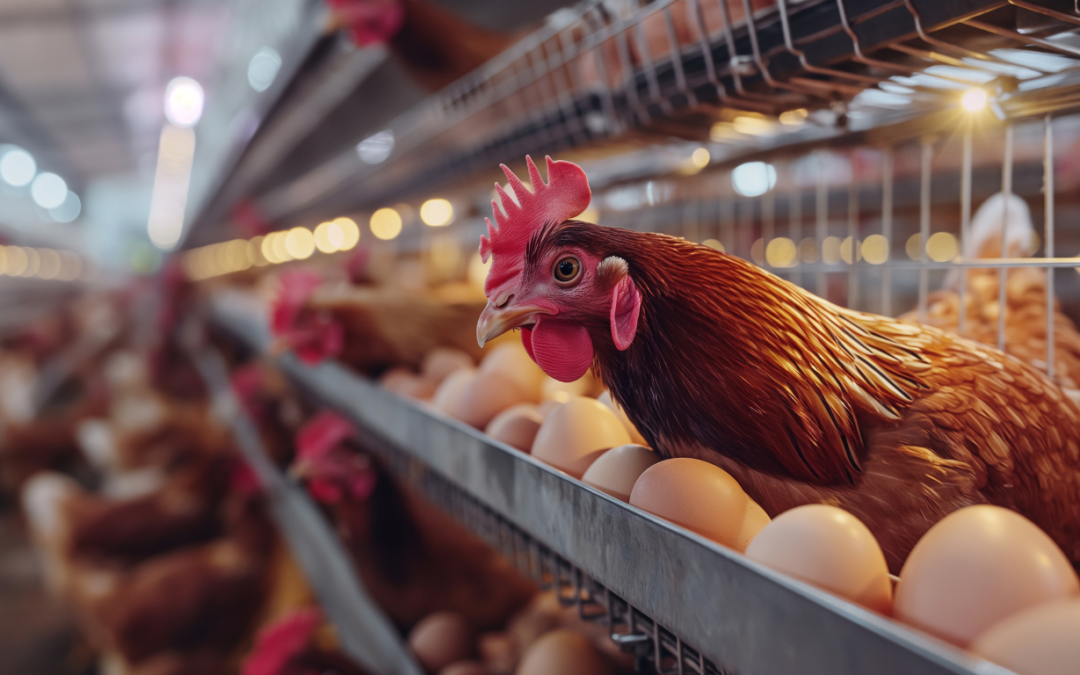Labeling error illustrates serious lack of management control, organic industry watchdog to file formal legal complaint.
By Mark Kastel, executive director, OrganicEye
On Friday, December 20, the U.S. Food and Drug Administration (FDA) publicized a recall of “organic and pasture-raised eggs” sold under Costco’s Kirkland brand due to salmonella contamination. The recall is a Class 1, the most severe classification, meaning the product “will cause serious adverse health consequences or death,” according to the FDA.
The eggs were produced by Handsome Brook Farms, which contracts with organic farmers to produce eggs under their name, as well as for retail chains.
Years ago, I had the opportunity to visit some of their original contract Amish farmers in New York to confirm the company’s claims of “pasturing” their birds. At the time, my investigative focus was on large “organic” livestock factories illegally confining their animals.
Unlike truly “pastured poultry,” where mobile chicken coops are rotated in the field — the gold standard in egg production — Handsome Brook, like another major national brand, Vital Farms, maintains laying hens in fixed houses, although, with more doors and surrounded by more land than most similar organic brands.

Handsome Brook Farms
I refer to this not as pastured but as “enhanced outdoor access.” Handsome Brook and Vital Farms charge a premium for their eggs. Their model of management should be the minimum required for all organics.
I also got to know the original owners when we uncovered what appeared to be intentional mislabeling of eggs. That embarrassment led to the sale of a controlling interest in the company to outside investors. Since then, Handsome Brook has received major cash infusions from private equity bankers to grow the business.
OrganicEye will file a formal legal complaint with the U.S. Department of Agriculture, calling for an investigation of Handsome Brook.
According to published reports, the eggs recalled at Costco were never intended for retail packaging and sale.
That appears to mean these were “breaker” eggs, in some way not suitable for human consumption and destined for a processor that would either create liquid pasteurized eggs or powdered eggs, both typically intended to be incorporated as an ingredient in processed foods.
If Handsome Brook can’t demonstrate the management control necessary to segregate their eggs, allowing some unsafe eggs to be distributed in multiple states, the outstanding question is whether they can illustrate the requisite control over their production to satisfy documenting their entire supply chain — a regulatory requirement to secure organic certification.

